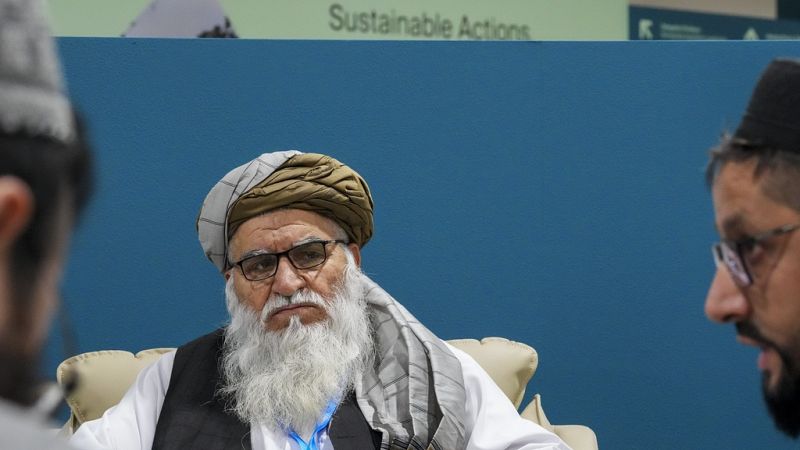Afghanistan’s delegation attends COP29, seeks international backing for climate action

Afghanistan’s first delegation at the United Nations climate talks since the Taliban regained power in 2021 has arrived in Baku for COP29. Led by Matuil Haq Khalis, head of Afghanistan’s environment protection agency, the delegation aims to secure global support for addressing the severe climate challenges facing the nation.
Afghanistan has been absent from the last three COP meetings—COP26, COP27, and COP28—but Khalis expressed satisfaction with their current participation. "It is obvious that we will arrange bilateral meetings with the United States and other countries," he stated, emphasizing the significance of Afghanistan’s re-entry into the international climate dialogue. "We are happy that this time we are here and we will be able to deliver the message of the Afghan people with the international community."
As one of the world’s most climate-vulnerable countries, Afghanistan is experiencing the effects of erratic rainfall, prolonged droughts, and devastating flash floods. A recent report ranked Afghanistan as the sixth most climate-vulnerable country globally. Khalis stressed the urgent need for collaborative action, stating, “All countries must join hands and tackle the problem of climate change.”
The human toll of climate-induced disasters in Afghanistan has been tragic; for instance, flash floods caused by heavy rains in March killed over 300 people in northern regions. Climate scientists report that rainfall has increased in intensity by 25% over the past 40 years, exacerbating the nation’s vulnerability to extreme weather.
Afghanistan has begun drafting national climate action plans and intends to update its climate goals in the coming months. Khalis highlighted the country’s substantial potential for renewable energy, particularly in wind and solar power. However, he noted that realizing this potential depends on international support.
Yesterday

